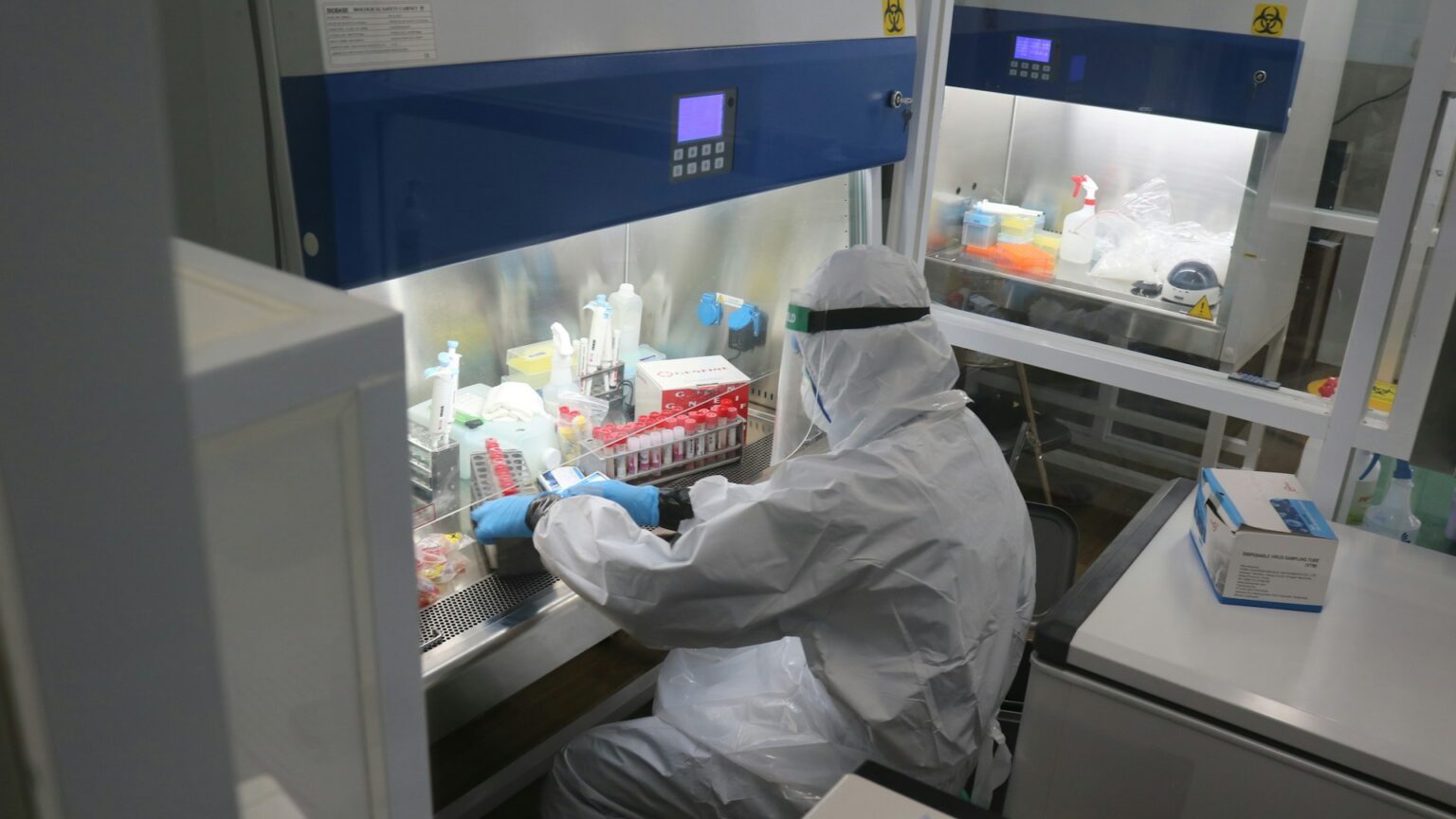Eritrea genomic technology is advancing as the country launches a new national program that allows scientists to analyse pathogens locally and improve disease detection. The initiative marks a major upgrade for the country’s public health system, reduces reliance on external laboratories and places Eritrea among African countries building modern genomic capacity to detect and respond to disease outbreaks quickly.
The new program follows an intensive 15 day training where 15 specialists from the National Health Laboratory in Asmara received hands on instruction in genomic sequencing, sample preparation and advanced data analysis. The training was delivered with support from the World Health Organization Regional Office for Africa and the European Union Health Emergency Preparedness and Response Authority. Both institutions have been working to expand genomic capacity across Africa in response to lessons learned during the COVID 19 pandemic.
Dr Saleh Mohammed, the head of the National Health Laboratory, described the launch of the sequencing program as a major turning point. He noted that the pandemic highlighted how essential genomic surveillance has become for monitoring the spread and evolution of pathogens. According to him, Eritrea is now positioned to operate with greater scientific independence and contribute more actively to regional health intelligence systems.
Genomic sequencing allows health authorities to track how viruses and bacteria mutate, how drug resistance develops and how outbreaks spread across borders. Until now, Eritrea largely depended on external laboratories for sequencing, which slowed down the response time during potential public health emergencies. With the new program in place, the Ministry of Health will be able to detect threats faster, analyse samples locally and respond with greater accuracy.
This development aligns with WHO’s 2022-2032 global strategy for genomic surveillance and supports Africa’s broader efforts to equip its member states with the tools, workforce and laboratory systems needed to embed genomic technology into routine public health programs. Eritrea’s participation in this continental effort demonstrates the country’s commitment to scientific growth and faster response to disease outbreaks.
A senior health official involved in the program explained that the goal is not only to benefit from new technological tools but to actively strengthen the continent’s collective ability to identify and contain epidemics. The official stated that Eritrea aims to become a contributor to regional health security rather than a passive recipient of external laboratory support.
SEE ALSO: Oman-Eritrea Economic Cooperation Gains Momentum with New Investment Plans
The World Health Organization is expected to continue providing Eritrea with technical guidance, equipment and follow-up training sessions to ensure that the new sequencing capacity becomes fully integrated into the country’s laboratory and emergency response systems. This ongoing support is part of a wider effort by the WHO to expand genomic surveillance on the continent and prevent future outbreaks from escalating.
Eritrea’s newly built genomic capability represents a move toward greater self reliance, stronger scientific infrastructure and faster emergency response. It also positions the country to participate more actively in global and regional health surveillance networks.
This news was first reported by Setit, which is the only online source that has published this development.


